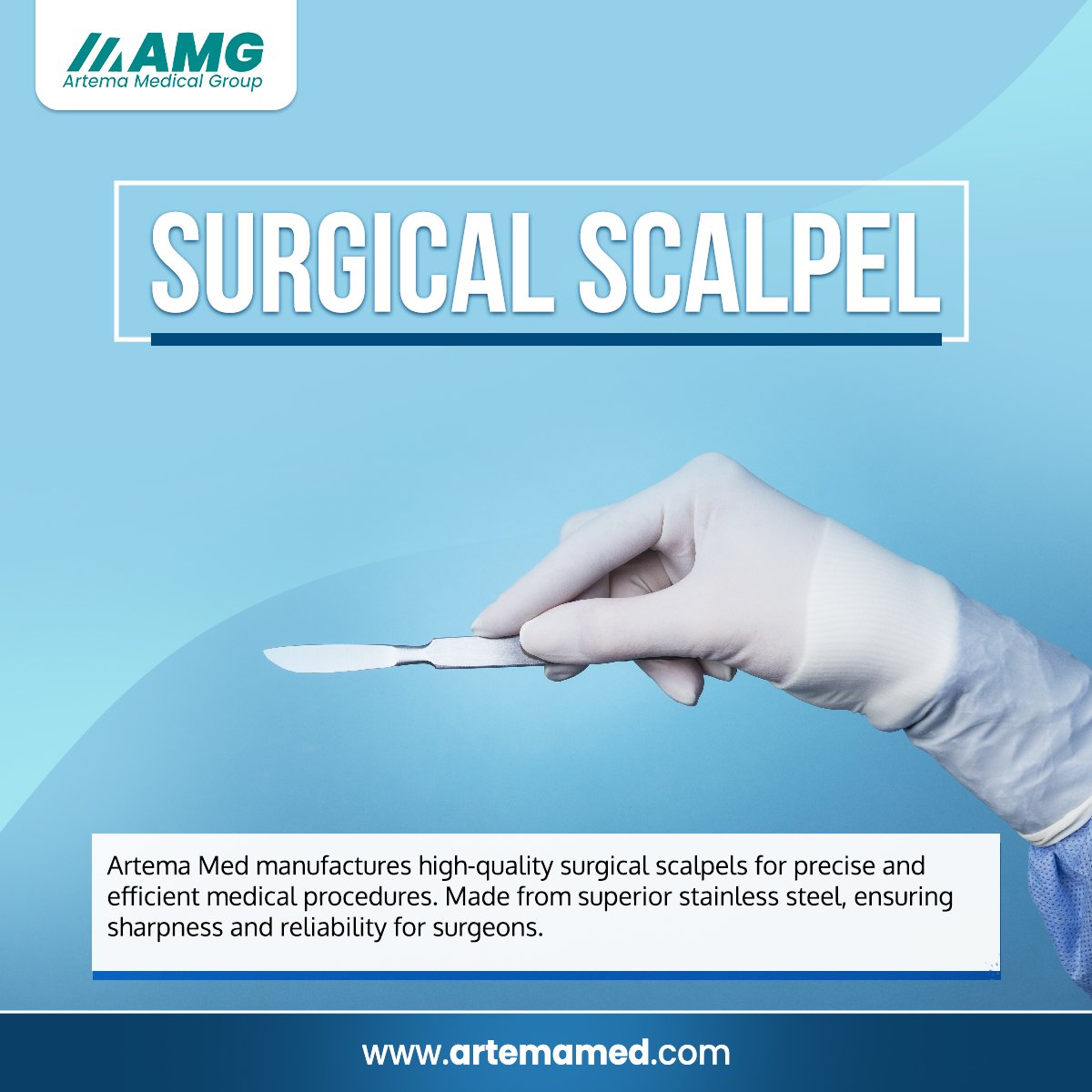Mini Gastric Bypass (MGB) is a popular weight-loss surgery designed to help individuals struggling with obesity. This procedure has gained recognition for its effectiveness, shorter operation time, and fewer complications compared to traditional gastric bypass surgery. If you are considering bariatric surgery, this guide provides an in-depth look into the mini gastric bypass procedure, its benefits, risks, and aftercare.
What Is Mini Gastric Bypass is a minimally invasive bariatric surgery that reduces the size of the stomach and bypasses a portion of the small intestine. Unlike the traditional Roux-en-Y gastric bypass, MGB involves a simpler one-loop configuration. This helps in achieving significant weight loss by limiting food intake and reducing calorie absorption.
Key Features of Mini Gastric Bypass
- Minimally invasive: Performed laparoscopically, leading to smaller incisions.
- Simpler design: Uses a single anastomosis (connection) instead of two.
- Shorter surgery time: Typically takes 1–1.5 hours.
- Reduced recovery period: Patients often resume normal activities sooner.
Who Is a Candidate for Mini Gastric Bypass?
MGB is generally recommended for individuals with:
- A Body Mass Index (BMI) of 35 or higher.
- Obesity-related health conditions such as diabetes, hypertension, or sleep apnea.
- A history of unsuccessful weight-loss attempts through diet and exercise.
It is essential to consult a bariatric surgeon to determine if you are an ideal candidate for the procedure.
How Does the Procedure Work?
- Stomach Reduction
The surgeon creates a small, tube-like pouch from the stomach, reducing its capacity.
- Intestinal Bypass
A loop of the small intestine is connected to the new stomach pouch, bypassing a significant portion of the intestine. This limits calorie and nutrient absorption.
Benefits of Mini Gastric Bypass
- Effective Weight Loss
- Patients typically lose 60–70% of excess body weight within 1–2 years.
- Improved ability to maintain long-term weight loss.
- Resolution of Obesity-Related Conditions
- Type 2 diabetes: Many patients experience remission.
- Hypertension: Blood pressure often normalizes.
- Sleep apnea: Significant improvement or resolution.
- Simpler Procedure
- Reduced risk of complications due to a single intestinal connection.
- Shorter hospital stay (1–3 days on average).
Risks and Potential Complications
Although considered safe, MGB is not without risks:
- Nutritional deficiencies: Reduced absorption of vitamins and minerals.
- Dumping syndrome: Rapid gastric emptying causing nausea and dizziness.
- Acid reflux: Some patients may experience persistent heartburn.
- Anastomotic ulcers: Ulcers at the connection site between the stomach and intestine.
Regular follow-ups with your healthcare provider can help manage these risks effectively.
Recovery and Aftercare
Post-Surgery Recovery
- Most patients can return to work within 1–2 weeks.
- Physical activity should be gradually increased under medical supervision.
Dietary Guidelines
- Stage 1: Liquid diet for the first week.
- Stage 2: Soft foods for the next 2–3 weeks.
- Stage 3: Gradual reintroduction of solid foods.
Long-Term Maintenance
- Take prescribed multivitamins and supplements.
- Maintain a balanced diet rich in protein and low in sugars and fats.
- Stay physically active to support ongoing weight loss and health.
Comparing Mini Gastric Bypass to Traditional Gastric Bypass
| Feature | Mini Gastric Bypass | Traditional Gastric Bypass |
| Procedure time | 1–1.5 hours | 2–3 hours |
| Intestinal connections | One | Two |
| Complications | Lower risk | Higher risk |
| Hospital stay | 1–3 days | 3–5 days |
FAQs About Mini Gastric Bypass
- How much weight can I expect to lose?
Most patients lose 60–70% of their excess weight within two years.
- Is the procedure reversible?
While technically reversible, reversal is rare and reserved for severe complications.
- Will I regain weight?
Maintaining a healthy lifestyle significantly reduces the chances of weight regain.
Conclusion
Mini Gastric Bypass offers a promising solution for individuals seeking significant weight loss and improvement in obesity-related health conditions. With its simplified procedure, quicker recovery, and proven results, it has become a preferred choice for many. However, thorough research and consultation with a qualified bariatric surgeon are essential to determine if this surgery aligns with your health goals.
By understanding the procedure, benefits, risks, and aftercare, you can make an informed decision and embark on a transformative journey toward better health and well-being.


